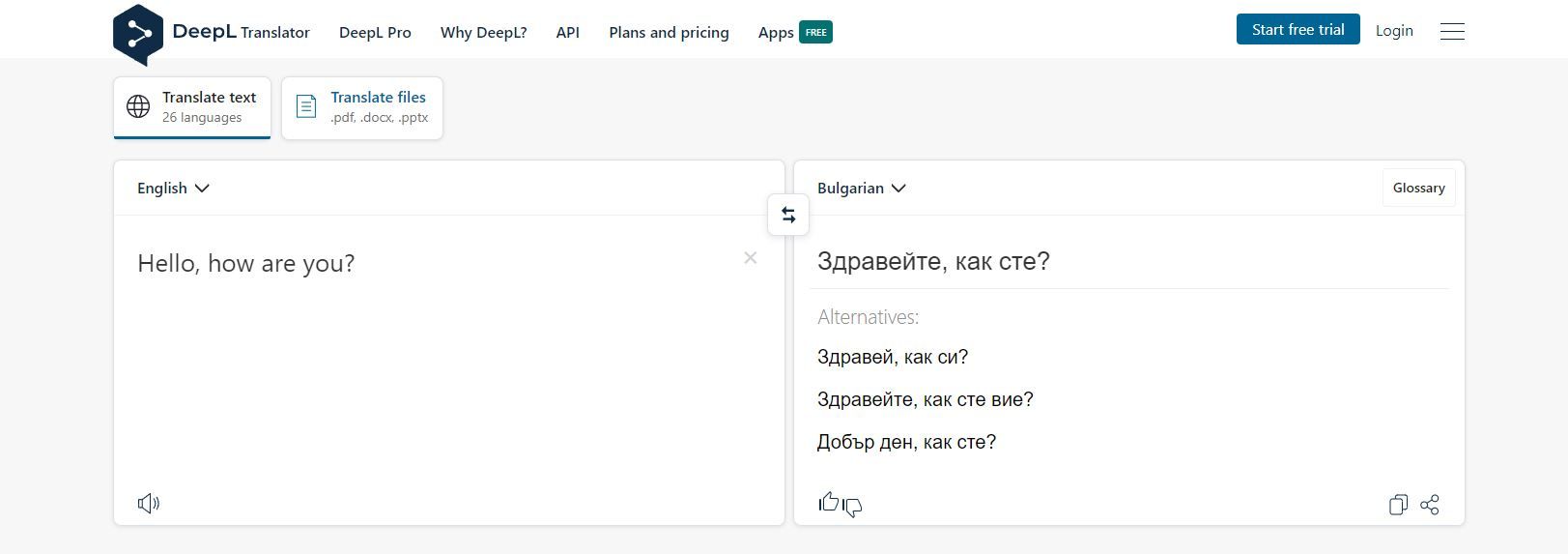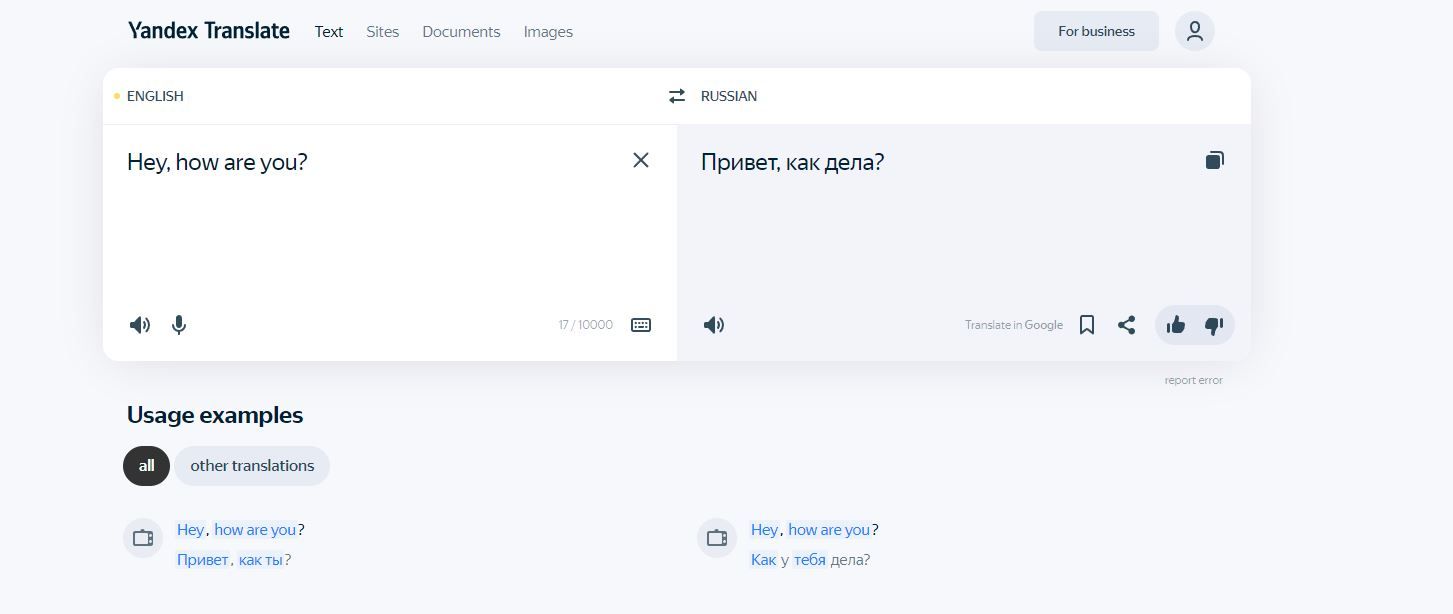Request for Proposal: Translation and Transcription Services (India)
March 2022
Who We Are
Girl Effect is an international non-profit that builds media that girls want, trust and need. From chatbots to chat shows, TV dramas to tech, our content helps adolescent girls in Africa and Asia make choices and changes in their lives.
We create safe spaces for girls, sharing facts and answering questions about health, nutrition, education, and relationships, empowering girls with the skills to negotiate and redefine what they are told is possible “for a girl”.
Our reach is 20 million and counting. And we’re using technology to reach girls at scale so every girl can choose to be in control of her body, her health, her learning and her livelihood.
Because when a girl unlocks her power to make different choices that change her life, it inspires others to do so too. She starts a ripple effect that impacts her family, community, and country.
That’s the Girl Effect.
Girl Effect in India
Chhaa Jaa (Go Forth and Shine) – a powerful youth brand co-designed with girls in India
In June 2019, Girl Effect launched Chhaa Jaa (छा जा) – an online youth brand inspiring, entertaining and empowering girls with the right skills and confidence to navigate adolescence, from accessing information about sexual and reproductive health to preparing them to enter the workforce.
Chhaa Jaa’s product portfolio is aimed at girls aged 16-22, across urban and peri-urban centres in the Hindi speaking belt of India comprising 11 states and union territories, and accessible online via mobile –
-
Digital media content that girls can access on Facebook, YouTube, and Instagram is both entertaining and informative. Characters and storylines have been developed with girls and are designed to reflect their lives and the challenges they might face;
-
An online, moderated peer-to-peer community (Bak Bak Gang) that acts as a safe space for girls 16 and above years of age to discuss sexual and reproductive health concerns, interact closely with Chhaa Jaa’s content, explore the themes and topics that are relevant for them, and apply what they’ve learnt to their own lives;
-
A chatbot (Bol Behen) that offers a private way for girls to ask questions about the themes and topics raised by Chhaa Jaa content and safely get information.
-
A website (www.chhaajaa.com ) that is being built into a youth-friendly service directory for easy access to services and products – both online and offline – to help girls improve their sexual and reproductive health (SRH), mental wellbeing (MW) and economic empowerment (EE) from getting the right information about their bodies, booking doctor consultations, accessing online skilling courses, opening up on their mental wellbeing and career guidance, to name a few.
Creating a new normal where girls are empowered to write their own story
Through Chhaa Jaa, we want to create a generation of girls in India who can take control of their future, to find meaningful work, and manage their sexual and reproductive lives health. This way, not only will they fulfil their potential, but help others do the same and become contributors to the development of the Indian economy.
TEGA
Adolescent girls are one of the hardest groups to reach in society. The challenges they face are often under-reported or described on their behalf. Without including their perspective, solutions designed to support them aren’t as effective as they could be.
Co-created with girls, TEGA (Technology Enabled Girl Ambassadors) is Girl Effect's mobile-based research tool that allows girls to collect real-time insights into the lives of their peers. This unique approach unlocks the open and honest conversations that might otherwise be lost or not included in traditional research.
TEGA networks have gathered data from girls and communities on nutrition, economic empowerment, health and wellbeing, vaccines, mobile access, social media and education. This girl-talk method is beneficial when researching sensitive topics like HIV or sexual health.
TEGA exists to ensure girl insights are incorporated in every step of the design, implementation, monitoring and evaluation of Girl Effect’s internal programmes. In the context of this TOR, the scope of research is related to Chhaa Jaa’s ongoing programmatic work. In addition, TEGA also conducts research for external mission-aligned partners (example of a project undertaken for Vodafone Foundation here)
TEGA in India
Girl Effect Enterprises India is looking to find an India- based translations partner to conduct English to Hindi and Hindi to English audio-visual and text translations and transcriptions.
Our existing TEGA networks conduct regular research gathering audio-visual data, which will need to be translated. Our network in Jaipur has 11 TEGA researchers, and our network in Bihar has 7 TEGA researchers. These researchers will conduct at least 4 large research projects in a year (60- 150 respondents in each project and approximately 11 audiovisual questions in each survey and some quantitative data. In addition, the networks often conduct a few smaller projects during the year.
The translations partner is required to recruit translators fluent in translations and transcriptions from Hindi to English and English to Hindi. They will be provided with an online platform where they can listen to audio files and transcribe and translate the content into English. They may also be required to translate zoom video interviews, audio recordings and survey questionnaires outside this platform.
Translators must have their computers/laptops with Google Chrome, headphones and a mouse. This will be a temporary position and will only be required during/after research, and therefore an ability to contract freelancers as the need arises is desired.
The translations partner will be responsible for the quality of translations and transcriptions and will need to maintain strict quality standards. Since we are working with adolescent girls and young women, it is a crucial requirement that translations use colloquial language rather than overly formal Hindi or English.
The Scope:
The translator will undertake the following duties and responsibilities and will be expected to;
-
Translate and submit the translation in the prescribed format ;
-
Proofread and editing
-
Share draft translation with GEEI; Incorporate suggested changes to the translation.
-
All texts, including texts contained in figures, boxes, captions, sources and covers, requires translation and proofreading.
-
Ensure high quality and accuracy of the entire document before submitting it to the user department
-
Ensure accuracy of the terms and terminology used in the documents
-
Ensure that the translation is written with style, correct grammar and spelling, and Complete the work within the agreed timeline and submit the final translation in soft copy
Deliverables:
-
Ensure that the translated text is technically, linguistically and grammatically correct, error-free and it should meet high-quality standards, and would not need further editing after completion of translation.
-
Professional translation from/to English and Indian languages
-
Provide accurate and timely translation to the satisfaction of GEEI standards.
-
The maximum percentage margin of errors per page should not exceed three errors.
-
The translated materials should be provided to GEEI after completing the required services in the prescribed format.
-
All transcriptions must be verbatim, and transcribers must not summarise or paraphrase the responses given through the audio/video files.
-
Maintain open communication lines with Girl Effect Global and Girl Effect India
-
The translation shall be done within the stipulated deadlines in the work order.
Expected Commitment:
We would like the consultant to start as soon as possible, but the frequency of need and contract length can be finalised in discussion with the selected consultant/s.
Location: Flexible in India but must be conducive to working with teams based in Mumbai & Delhi.
Intended Timeframe:
-
Terms of reference published: Friday 25th March
-
Deadline for responses: Friday 8th April
-
Supplier selection, contracting and briefing: Mid April
-
Project commencement: End April
Who You Are:
Skills and expertise:
-
Proven skills in translation and interpretation from and into English/India and vice versa in the fields of the development sector in India.
-
Effective communicator and writer with the ability to synthesize and communicate complex information in youth-friendly, fun and engaging ways.
-
Excellent interpersonal communication skills and experience working in a multicultural team.
-
Ability to be flexible within a fast-paced, changing environment.
-
Commitment to realising the potential of girls and to the vision and values of Girl Effect.
-
We strongly encourage applications from young people and/or youth organisations.
Reporting:
The Translations Partner will work closely with Girl Effect India’s TEGA Lead & Evidence Specialist in Mumbai and Delhi.
Proposal Submission:
Interested consultants are asked to submit a brief proposal ( 2-5 pages), setting out:
-
Relevant experience in line with the ‘Who You Are’ section above
-
Approach for undertaking this assignment, underpinned by a demonstration of value for money
-
Credentials, experience, or bios of key individuals who would be involved in the engagement
-
Detailed reference list indicating the scope of similar assignments, and
-
A detailed budget proposal. Please provide a pricing structure for your services. Include the amount charged either:
-
Per Word
-
Per page
-
Per audiovisual
Technical and Financial bids should be submitted as separate documents. Financial proposals (in INR) will not be opened until the conclusion of the technical evaluation and only for those deemed qualified and responsive proposals.
Evaluation Criteria:
The criteria against which proposals will be evaluated are listed below:
-
Experience in Performance of Comparable Engagements (25 points maximum) Girl Effect will assess the vendors’ relevant capabilities, including their work with past clients, their experience with nonprofits and/or international development organizations, their languages of expertise and their process for evaluating and testing Translators.
-
Project Management and Quality Assurance (25 points maximum) Girl Effect will assess how efficiently and effectively the vendor moves from an initial assignment to a completed product. The evaluation will consider the vendor’s ability to process materials from different geographies in India. Girl Effect will evaluate the vendor’s ability to deliver a quality product consistent with the organization’s brand.
-
Customer Service and Assistance (20 points maximum) Girl Effect will evaluate vendors’ ability to meet GEEI’s translation needs. This will consider the experience of the vendor’s team lead, feedback mechanisms and global reach of the vendor.
-
Pricing (30 points maximum) Value for money/proposed budget breakdown
GE is not liable for any cost incurred during the award/contract preparation, submission, or negotiation of the award/contract. All submitted documentation and/or materials shall become and remain the property of GE.
Equal Opportunities:
Girl Effect is committed to equal opportunity regardless of race, color, ancestry, religion, sex, national origin, sexual orientation, age, marital status, disability, gender, gender identity or expression. We are proud to be an equal opportunity workplace.
We are committed to building an organization that truly represents the communities that we serve. To this end, due regard will be paid to procuring consultancy services of organizations and individuals with deep understanding and experience of our programming markets and with diverse professional, academic and cultural backgrounds.
Safeguarding:
You may be required to undertake safeguarding checks. Shortlisted consultants will be assessed on our organisational values at the interview stage. The successful consultant will be expected to adhere to our safeguarding policy. We encourage you to read and understand our safeguarding policy, the executive summary found at https://ift.tt/3AW1h0m. We have zero-tolerance for all forms of violence against children, beneficiaries, and staff.
Tax:
Applicants are advised to ensure that they clearly understand their tax position regarding provisions of their local jurisdiction tax legislation when developing their proposals.
Disclaimer:
GE reserves the right to determine the structure of the process, the number of short-listed participants, the right to withdraw from the proposal process, the right to change this timetable at any time without notice and reserves the right to withdraw this tender at any time, without prior notice and without liability to compensate and/or reimburse any party. GE shall inform ONLY successful applicant(s). The process of negotiation and signing of the contract with the successful applicant(s) will follow.
**
Adblock test (Why?)













